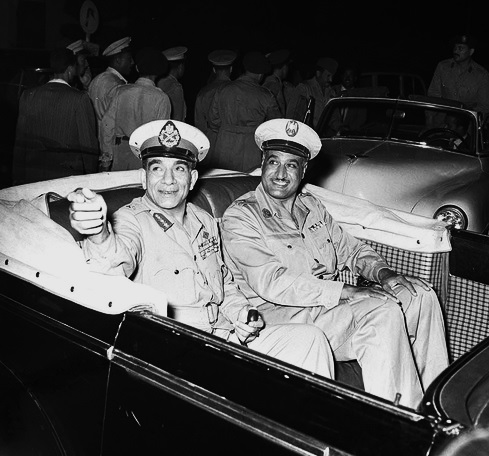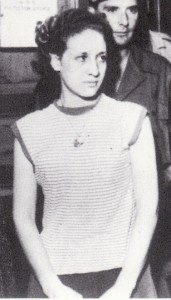It has been a long road for Sierra Leone after the slave trade era. There have been quite a few ambitious people looking to change the dynamics of this small country. Unfortunately, little has been done throughout the years. Shortly after Sierra Leone gained their independence in 1961, chief minister Siaki Stevens is appointed the first president. While there were some negatives to his term, Stevens did make some contributions to Sierra Leone’s economy. One of his contributions included working on the construction of the Sierra Leone Development Company railway which links the Port of Pepel with the iron ore mines at Marampa. Additionally, he was co-founder of the United Mine Workers Union to represent the interests of workers. This is groundbreaking because Sierra Leone’s history of unpaid workers has affected the country progression in so many ways. Siaki’s initiative paved the way for future leaders to take action in regarding to its people and opening job opportunities. As mentioned before not of all President’s Siaki’s actions in power have been noble. When political tensions became high he met violence with violence leading to the death of many innocent people. Siaki Stevens passed away 10 years after his term in 1988.
We live in a male dominated world and this power is blatant in the small country Sierra Leone. Throughout the years, many male figures have been the backbone (or destruction) of Sierra Leone. Many years before the time of General Siaki Stevens, was another leader of Sierra Leone. His name was Chief Tamba Songu M’Briwa. He came from a good family and was able to obtain an education. Afterwards he went into politics. In his position of power during the beginning of his term he wanted to spread the knowledge of the importance of an education. So he opened a few schools for his people of Sierra Leone. Unlike many recent political movements, during his term promoted unity and positivity among his Sierra Leonean people. To many, Chief M’Briwa was even considered a hero.
In a country where politics is just complicated, swaying its people many times may be less complicated. Sierra Leoneans are have always been looking for a fresh start, one away from the violence and corruption. Unfortunately, words are just words and many leaders of this impoverished country let wealth and power get to their heads. It is true that a democracy isn’t for everyone, but if Sierra Leone could find a system of balance in government that could potentially change the entire country. With some guidance from past good leaders and taking the good qualities like the ambition of Chief Tamba Songu M’Briwa a lot can be done for this country and its people.


http://www.sierra-leone.org/Heroes/heroes9.html
http://news.sl/drwebsite/exec/view.cgi?archive=1&num=12703&printer=1
http://sierraleonecivilwar.com/





